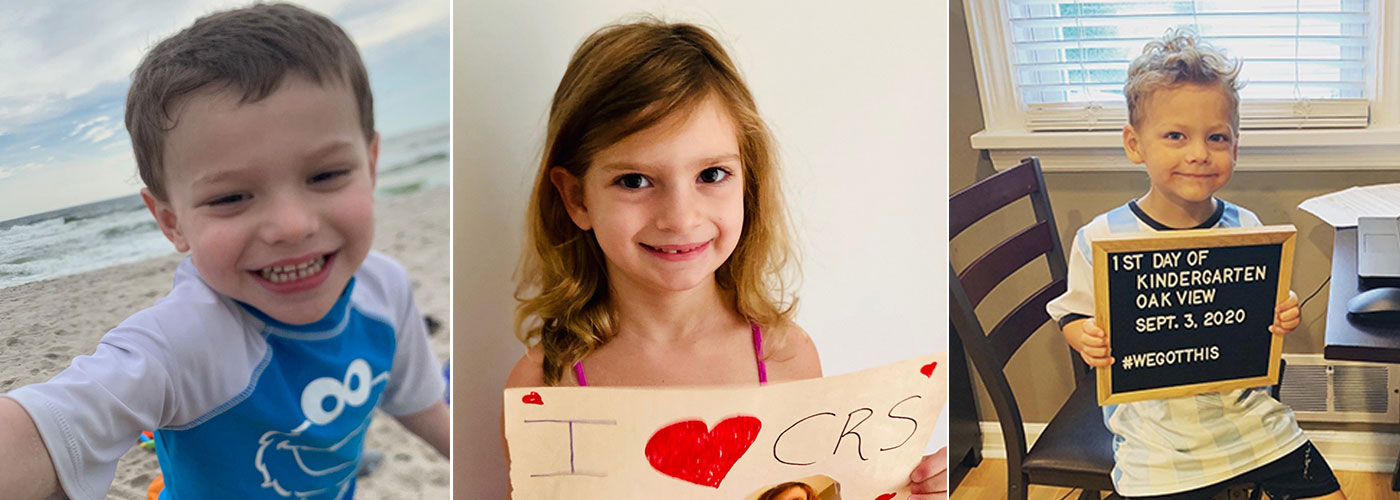The Hackensack Meridian Children’s Cancer Institute launched two new protocols for patients diagnosed with B-cell acute lymphoblastic leukemia (ALL) to identify their best treatment options. The new protocols stems from the Children’s Cancer Institute’s (CCI) partnership with the Children’s Oncology Group (COG), an international organization dedicated to pediatric cancer research, and introduces two clinical trials for patients determined “standard risk” and “high risk.”
With these new protocols, 85 percent of ALL patients, whether they are considered standard or high risk, will have a clinical trial available to them. For patients who are deemed to be at the highest risk of leukemia relapse, a 3rd protocol using novel CAR-T immunotherapy is also available. CCI is the only pediatric cancer program in New Jersey that can offer this protocol to the highest-risk patients.
“The primary goal [of these protocols] is to use state-of-the-art testing to identify the kids that are at the highest risk of relapse and to see whether a new drug can prevent their relapse or improve their cure rates,” said Dr. Burton Appel, associate director of the Children’s Cancer Institute.
For those deemed high-risk under this new protocol, certain treatment options can be available to them sooner than it would have been previously. For example, patients who have not yet relapsed but show signs of residual leukemia may be offered CAR T-Cell therapy, a revolutionary treatment that takes a patient’s T cells and modifies them to recognize and attack cancer cells. CAR T-Cell therapy, previously geared toward patients who have already relapsed, has proven to result in long-term remission in the majority of patients. CCI is one of 40 sites in the United States offering this therapy, and the only facility in the state.
Treatment for ALL has improved significantly over the years, in large part due to the development of clinical trials that have allowed for further research and understanding of this illness. Now, nearly 90 percent of ALL patients can be treated and will survive.
“The drastic improvement in cure rates and survival over a 60-year period occurred through incremental improvements due to clinical trials like this,” said Dr. Appel. “Each patient we enroll in a clinical trial for ALL is paving the way for the future [of treatment]. Everything we know now is based on the participation of parents and patients.”
Tackle Kids Cancer helps support the Children’s Cancer Institute’s partnership with COG, and provides funding for groundbreaking trials and new treatment options to patients.
